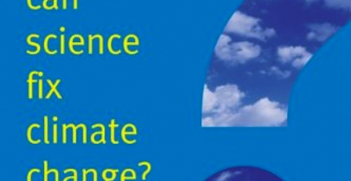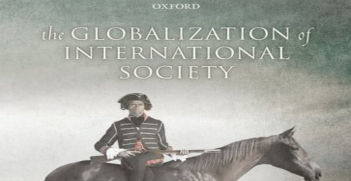Reading Room: Queer Wars

Dennis Altman’s and Jonathan Symons’ work Queer Wars is a timely and accessible intervention on the global state of play for queer rights. Queer politics is seemingly everywhere in the Australian political landscape at the moment. Whether it is discussions about a plebiscite, the Safe Schools Program or recent discussions about special medical procedures for gender dysphoric students, the battle for queer rights is ongoing. However, something that draws lesser attention to general political observers in Australia is the global plight of queer rights. 2016 has been an interesting year so far, with widely reported acts of defenestration by the Islamic State, repression of queer communities in Indonesia and awful attacks on queer celebrities in Bangladesh.
The authors frame their book as one which is published in a time of paradox; whilst in many states queer rights have reached a high water mark, in others, repression of queer communities has recently escalated. The authors set up their text as one which answers two questions:
- Why, as homosexuality has become more visible globally, have reactions to sexual and gender diversity become so polarised?
- What is to be done?
The first chapter contextualises the development of queer politics, canvassing topics like why homosexuality became such a point of political contention and how political homophobia was born. The next chapter outlines the rise of a global queer movement, which often developed along with the response to the global HIV/AIDS epidemic. The third chapter explains queer rights through the now pervasive lens of human rights and looks at the way that world leaders have linked the two. The fourth and fifth chapters dovetail nicely by analysing the conservative backlash against queer rights and then explaining how queer rights became so polarised within global politics. The book finally concludes with a very realistic appraisal of the state of affairs in a chapter entitled ‘what is to be done?’
For readers steeped in global queer studies or sexuality studies literature, the book is presents very familiar arguments in one easily accessible resource. For readers who are not as familiar with the development of queer rights, this book provides a useful account of their development over time. However, the authors’ conclusions are well put and are refreshingly pragmatic. The authors make sobering conclusions which warn against cultural imperialism and advocate for incremental approaches to developments in queer rights in different locations. The authors also do not see human rights regimes and instruments as a panacea for the wider spread of queer rights.
Across the book, there is an overarching theme that what is required from academics, activists and concerned citizens is not egoism but an approach which is mindful that many queer people around the world are facing violence today. To resolve this problem requires a nuanced approach which is attentive to context and chips away at incremental reform in a climate which is likely to get worse before it gets better.
This book is well written and has something for all readers. Readers involved in queer theory and politics will appreciate the up-to-date examples and practical call to action. Readers from a broader international relations and politics audience will be given a crash course in the development of queer rights and will receive an explanation of how queer rights fit in to the wider systems of global politics.
Dennis Altman and Jonathan Symons, Queer Wars, Wiley, January 2016
Josh Pallas is a PhD Candidate in international law at UNSW. You can contact him via twitter @joshpallas.





